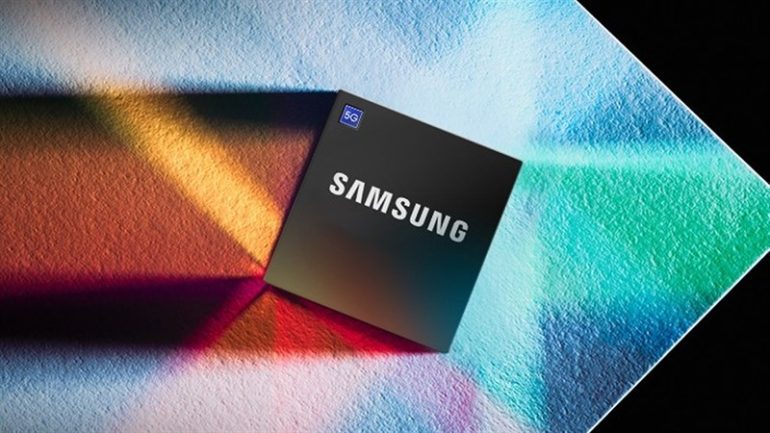- Samsung Electronics’ shares reached a 3-year high, driven by optimistic second-quarter guidance.
- Expected operating profit for Q2: 10.4 trillion won, up 1,452% year-over-year.
- Revenue forecast: 73-75 trillion won, reflecting strong recovery in memory chip prices.
- Generative AI demand, stable mobile sales bolstered performance.
- Samsung’s Galaxy S24 Ultra features enhance AI capabilities in consumer devices.
- Challenges in HBM production for Nvidia tempered by high memory prices.
Main AI News:
Samsung Electronics’ shares surged to their highest level since January 2021, driven by strong guidance for the second quarter amidst robust demand for artificial intelligence (AI). The stock rose by 2.24% on Friday morning, peaking at 86,500 Korean won ($62.73), according to LSEG data, following a closing price of 84,600 won on Thursday.
Samsung’s projected operating profit for the April to June period stands at approximately 10.4 trillion won ($7.54 billion), marking a substantial increase of 1,452% from the same quarter last year, surpassing LSEG’s estimate of 8.51 trillion won. Revenue expectations also improved, ranging between 73 trillion to 75 trillion won compared to 60.01 trillion won a year ago, aligning closely with analysts’ forecasts.
The resurgence in business for the world’s largest memory chip manufacturer reflects a recovery in memory chip prices driven by optimism in AI applications. Despite significant losses in 2023 due to a downturn in post-Covid demand, Samsung anticipates the second quarter to be buoyed by robust demand for generative AI, supported by stable mobile device sales.
Samsung’s strategic emphasis on generative AI is exemplified by its Galaxy S24 Ultra smartphone, equipped with AI-driven features for photo editing and online item search. The company’s leadership in memory chips, essential for AI chipsets, positions it favorably alongside SK Hynix amid soaring demand within the AI sector.
“While facing delays in HBM production for Nvidia, Samsung’s profitability surged due to high memory prices,” noted SK Kim, executive director of Daiwa Capital Markets. Despite challenges in HBM supply qualification, Samsung remains optimistic, highlighting ongoing tests with partners to ensure timely production.
Samsung is slated to disclose detailed second-quarter results later this month, signaling continued momentum driven by AI-led innovations and resilient market performance.
Conclusion:
Samsung’s remarkable second-quarter performance, fueled by surging demand for AI and recovery in memory chip prices, underscores its resilience and strategic focus. The strong earnings forecast not only highlights Samsung’s leadership in the semiconductor sector but also signals robust growth potential amidst evolving technological demands in AI-driven innovations.

